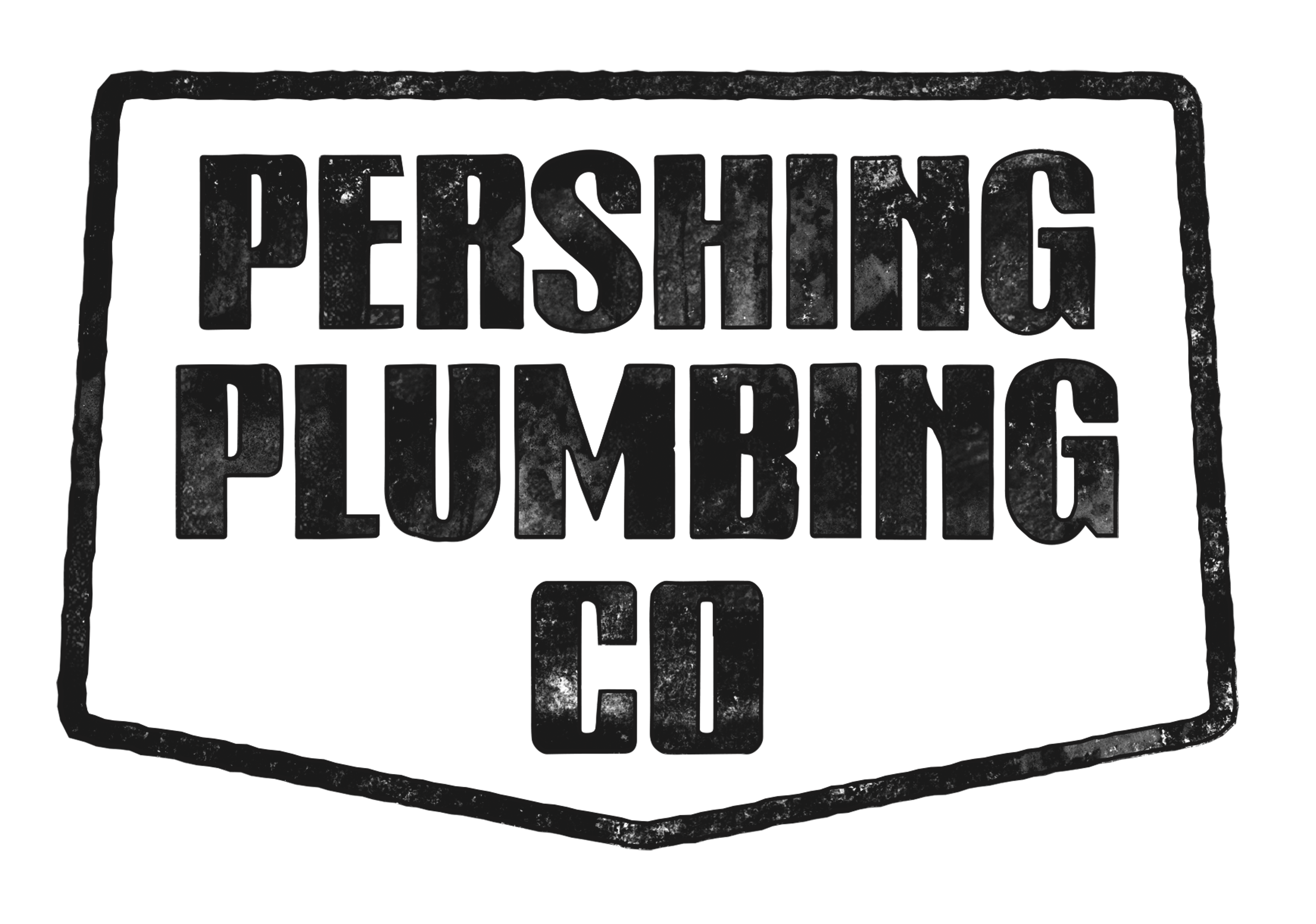Your home’s plumbing system is a complex network of pipes designed to deliver clean water and remove wastewater efficiently. Among the key components of this system are branch lines, which play a vital role in connecting individual fixtures to the main plumbing lines. Understanding what branch lines are and how they function can help you maintain your plumbing system and address issues effectively. For expert advice and assistance, consulting a Pasadena plumbing expert is always a smart choice.
What is a Branch Line in Plumbing?
A branch line is a smaller pipe that extends from the main plumbing lines in your home. These pipes are responsible for delivering water to individual fixtures, such as sinks, toilets, showers, and washing machines, or carrying wastewater from these fixtures to the main sewer line. Essentially, branch lines act as the “connectors” between your plumbing fixtures and the larger main lines that handle the bulk of water and waste flow.
Branch lines are typically made from materials like PVC, copper, or PEX, depending on the age and construction of your home. Their smaller diameter compared to main lines makes them more prone to clogs and localized issues, which is why regular maintenance is essential.
How Do Branch Lines Differ from Main Lines?
While branch lines connect individual fixtures, main lines are the primary conduits for water and wastewater in your home. The main water line brings water from the municipal supply to your home, while the main sewer line carries wastewater to the city sewer system or septic tank. Branch lines, on the other hand, distribute water from the main line to specific fixtures and return wastewater to the main sewer line
A Pasadena plumbing expert can help you identify the branch and main lines in your home, which is particularly useful for troubleshooting plumbing issues or planning renovations.
Common Problems with Branch Lines
Branch lines are more susceptible to certain issues due to their smaller size and localized function. Some common problems include:
- Clogs: Hair, soap scum, grease, and other debris can accumulate in branch lines, leading to slow drainage or complete blockages.
- Leaks: Corrosion, age, or physical damage can cause leaks in branch lines, potentially leading to water damage or mold growth.
- Low Water Pressure: If a specific fixture has low water pressure, the issue is often within the corresponding branch line.
Addressing these problems promptly is crucial to prevent more extensive damage. A Pasadena plumbing expert can diagnose and resolve branch line issues efficiently, using advanced tools like plumbing snakes or hydro-jetting.
Why Hire a Long Beach Plumbing Expert?
While some minor plumbing tasks can be DIY-friendly, branch line issues often require professional expertise. A Pasadena plumbing expert has the knowledge, tools, and experience to handle everything from clearing clogs to repairing leaks. They can also inspect your plumbing system to identify potential problems before they escalate, saving you time and money in the long run.
Final Thoughts
Branch lines are an essential part of your home’s plumbing system, connecting individual fixtures to the main lines that handle water and wastewater flow. Understanding their function and addressing issues promptly can help maintain the efficiency and longevity of your plumbing system. If you’re experiencing problems with your branch lines or need routine maintenance, don’t hesitate to contact a Pasadena plumbing expert. Their expertise ensures your plumbing system remains in top condition, giving you peace of mind and a smoothly functioning home.

